South America: Journals & Articles
Further resources, if available, can be found in our full bibliography.
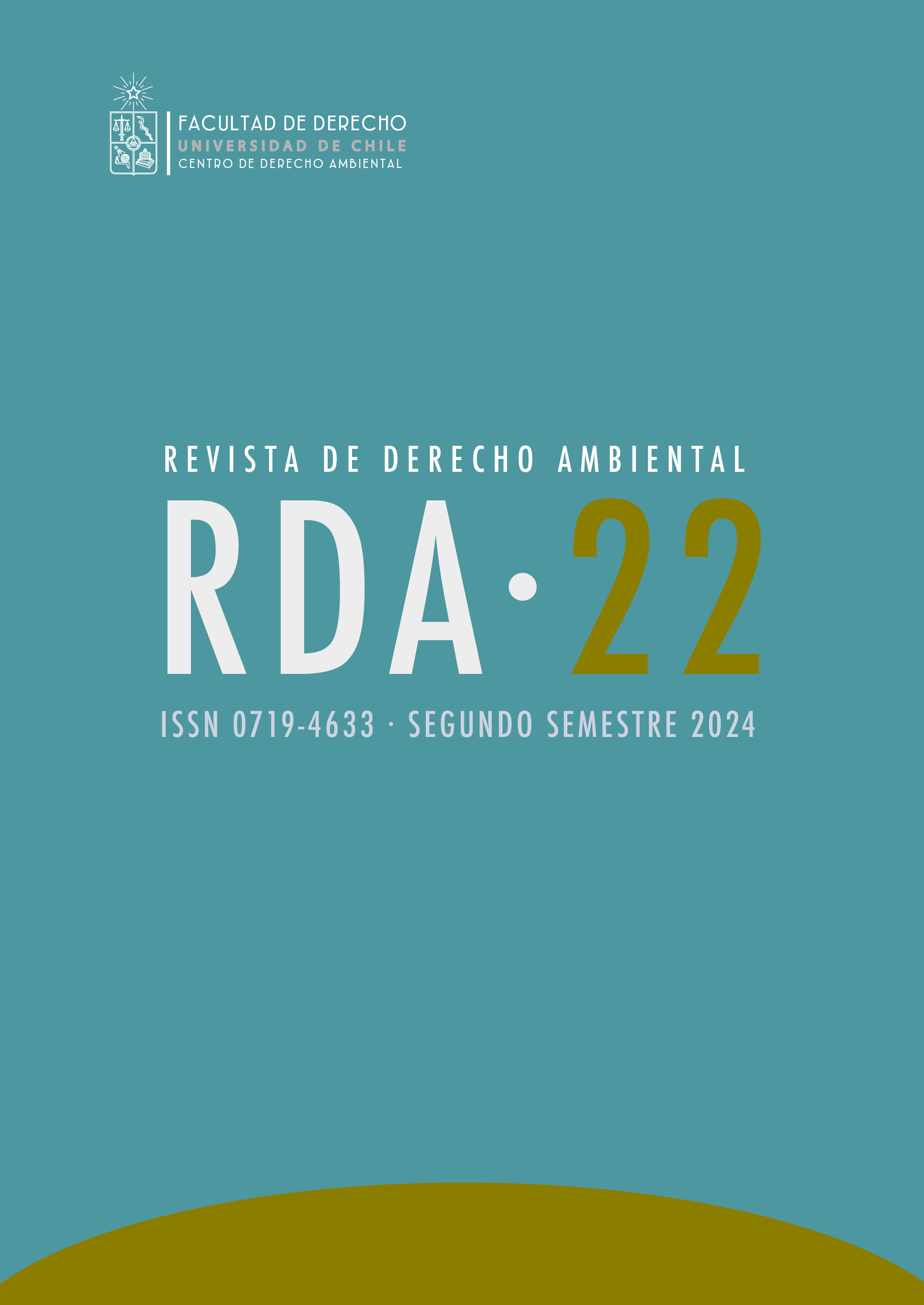
Revista de Derecho Ambiental
2002-Present
The Journal of Environmental Law, of the Center for Environmental Law of the Faculty of Law of the University of Chile, constitutes a space for exhibition and analysis at the academic level of environmental law. Its content is presented through doctrine, jurisprudence and recensions, addressing various issues related to management, institutionality and tools for environmental protection and sustainable development. Articles of different authors are presented, in which cases and legal-environmental issues of increasing interest and topicality are analyzed and addressed. For an English version, click on “EN” at the top right of the screen.
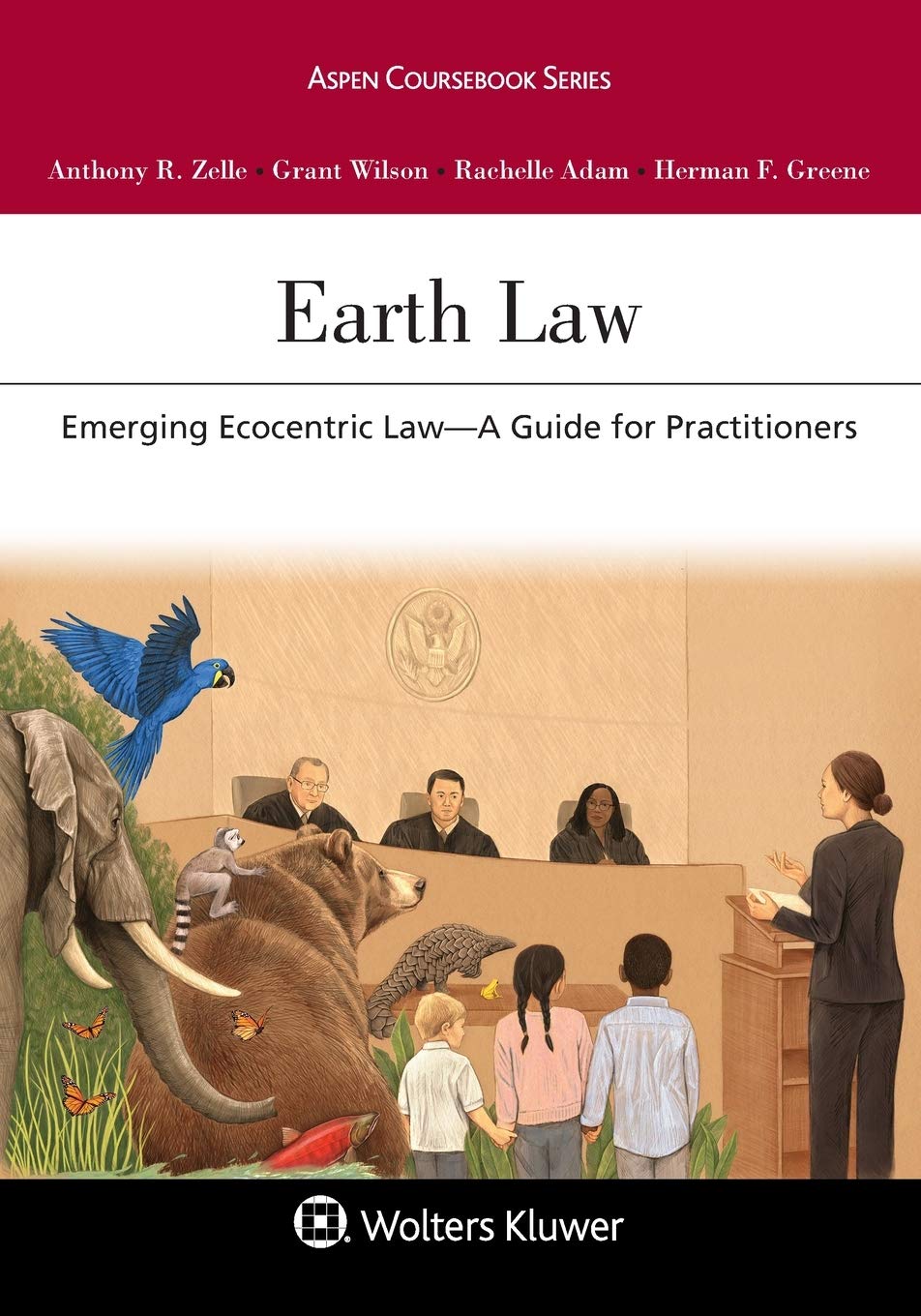
"Nature's Rights in Colombia: An Emerging Jurisprudence"
Anthony R. Zelle, Grant Wilson, Rachelle Adam, Herman F. Greene
Colombian courts have issued groundbreaking decisions recognizing rivers and ecosystems as legal subjects. These rulings reflect a growing commitment to ecological justice grounded in both constitutional law and Indigenous worldviews. The chapter examines how this emerging jurisprudence could transform environmental protection in the country and beyond.
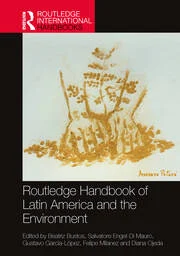
"Rights of nature in the courts of Latin America: Moving forward to better protect our environment?"
Ximena Insunza Corvalán
Beatriz Bustos, Salvatore Engel-Di Mauro, Gustavo García-López, Felipe Milanez, Diana Ojeda
Ximena Insunza Corvalán surveys court cases from across Latin America to assess whether recognizing nature’s rights is making a real difference. While some rulings have empowered ecosystems with legal personhood, enforcement remains inconsistent. This chapter calls for stronger implementation mechanisms to ensure that legal recognition leads to ecological protection.
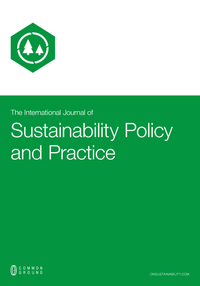
Know Your Rights: Earth Jurisprudence and Environmental Politics in the Americas
David Humphreys
Humphreys examines the origins, possibilities, and challenges of the rights of nature. While the recognition of nature’s rights holds out the possibility of an alternative approach to environmental management and politics, as well as to a fundamentally redefined relationship between nature and society, upholding rights of nature in practice may conflict with four other sets of rights in environmental politics: the sovereign rights of the state, human rights, property rights (or, more accurately, claims by people and organizations to property), and the rights of business corporations. The challenge for those who support rights of nature, asserts Humphreys, is how to promote both a wider uptake of the idea among political leaders and civil society, and a clearer long term vision of how upholding nature’s rights may be operationalized in practice.
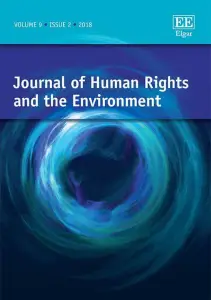
Legal personhood of Latin American rivers: time to shift constitutional paradigms?
Amaya Álvez-Marín, Camila Bañales-Seguel, Rodrigo Castillo, Claudia Acuña-Molina, Pablo Torres
Focusing on rivers as emblematic elements of Nature, Álvez-Marín et al. identify three main lenses through which current constitutional systems in Latin America have operated to resolve conflicts. The objective is to examine, from a critical interdisciplinary perspective, the existing paradigms, describe their limits and open the debate to alternative jurisdictional venues for favouring the coexistence of humans and natural systems. Through the comparative analysis of three case studies in Chile, Colombia and Ecuador, the authors outline the challenges and opportunities offered by an emerging legal tradition, ‘The New Latin American Constitutionalism’, and question what would effectively be different with a change of paradigm towards the recognition of Nature’s rights.

"Environmental Justice in Latin America and the Caribbean"
Belén Olmos Giupponi
Robert Brinkmann
This reference entry explores the diverse struggles for environmental justice across Latin America and the Caribbean and highlights how Indigenous, Afro-descendant, and rural communities face overlapping social and ecological harms. It ntoes how justice movements in the region demand not only legal reform but systemic change that addresses both environmental degradation and deep-rooted inequalities.
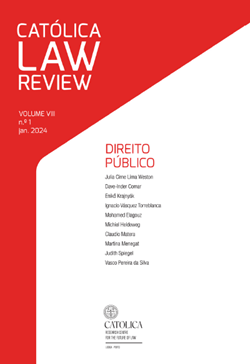
The environmental rule of law, intergenerational equity and climate litigation in Latin America
Ignacio Vásquez Torreblanca
This article examines how climate litigation in Latin America increasingly invokes the environmental rule of law and intergenerational equity. Courts in the region are beginning to recognize the rights of future generations to a stable climate and healthy ecosystems, and the authors argue that this legal evolution signals growing accountability for state inaction in the face of climate change.

An Intergenerational Ecological Jurisprudence: The Supreme Court of Colombia and the Rights of the Amazon Rainforest
Alessandro Pelizzon
The first climate change and future generations lawsuit in Latin America–called the Amazon case–was filed in 2017 by 25 young Colombians (ages 15 to 25), with assistance from Dejusticia. Noting the growing network of constitutional, legislative and judicial initiatives in an increasing number of jurisdictions, this article examines the strategy and significance of the Amazon case.
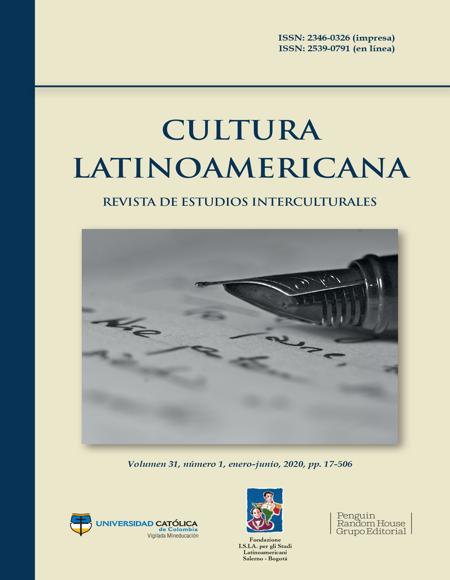
Ecological Constitutionalism in Latin America: From Environmental Rights to the Rights of Nature
Angela Iacovino
This research article analyzes Latin American ecological constitutionalism–characterized by an original process of innovation and experimentation–through a qualitative methodology. The author argues that Latin America opens new doors, provides new keys and involves the creation of a global green law state capable of shifting the objectives of sustainable development to a more holistic dimension capable of meeting present challenges and possible future risks.
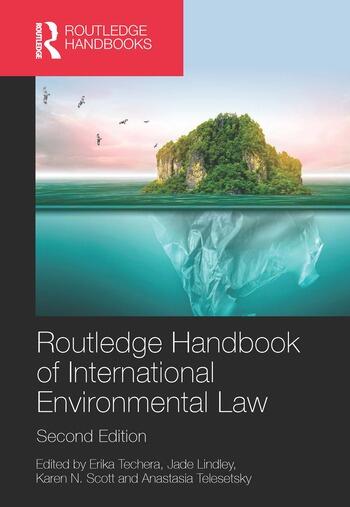
"International Environmental Law in Latin America"
Natalia Rodríguez Uribe, Juan Sebastián Urdinola-Rengifo
Erika Techera, Jade Lindley, Karen N. Scott, Anastasia Telesetsky
This chapter explores how Latin American countries engage with international environmental agreements like the Paris Agreement and the Convention on Biological Diversity. The authors highlight the ways global norms are interpreted, adapted, or contested within national legal systems, exploring how Latin America’s experience reveals both opportunities and tensions in translating international law into local realities.
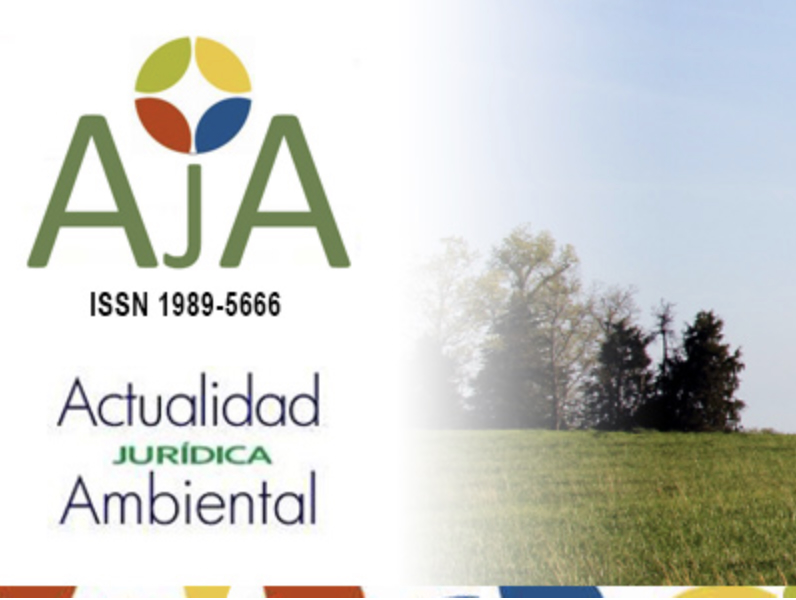
The rights of nature in South America: Legal assemblages to protect the environment
Patricia Urteaga Crovetto
South American legal systems are crafting new forms of environmental protection by blending Indigenous cosmologies, rights-based language, and constitutional reform. This article explores how such hybrid legal assemblages aim to give nature its own standing before the law. The result is a region-wide movement that challenges extractivist norms and centers ecological integrity.
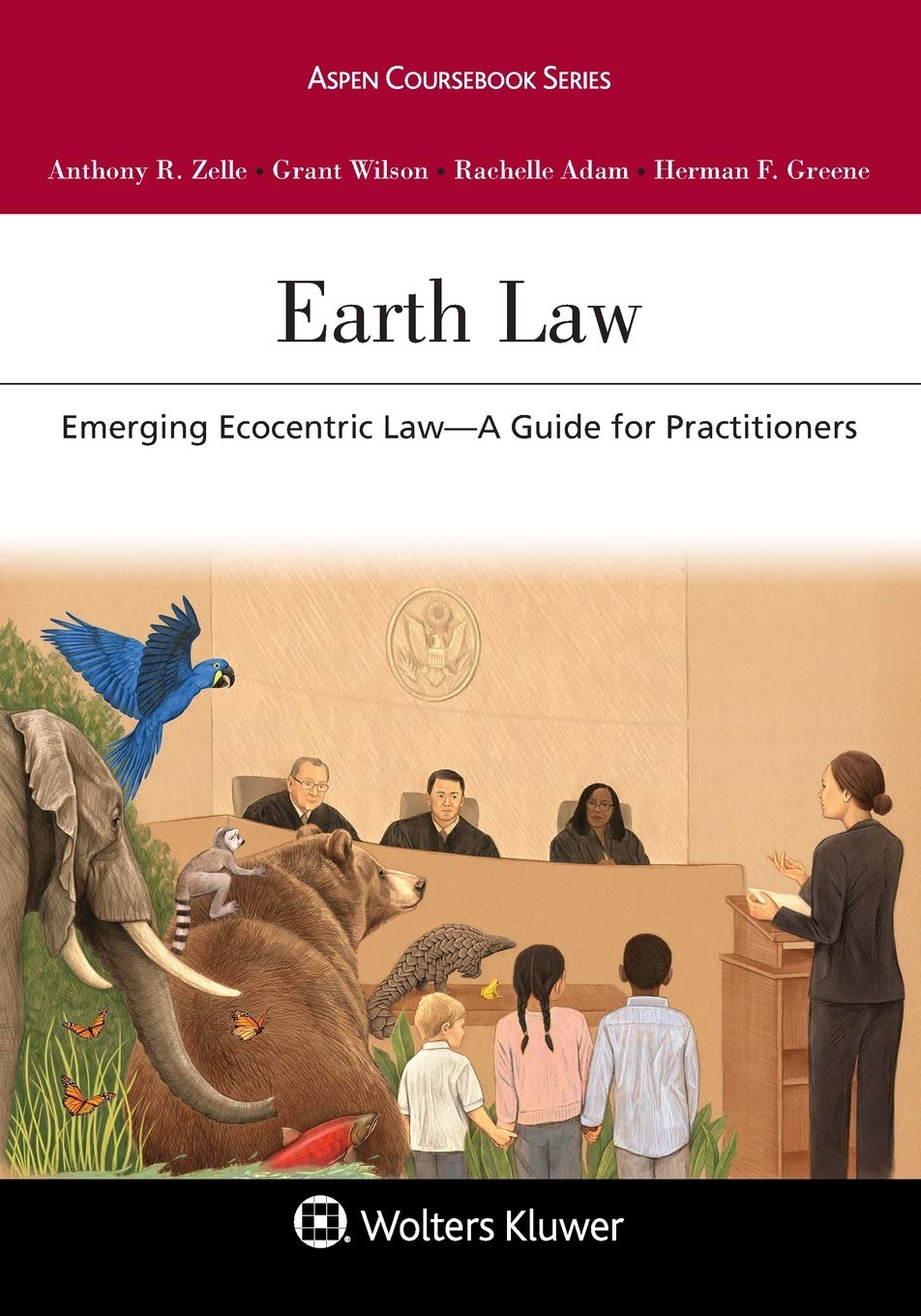
"Earth Law in Latin America: A Glimpse of Brazil and Mexico"
Anthony R. Zelle, Grant Wilson, Rachelle Adam, Herman F. Greene
This chapter provides snapshots of how Brazil and Mexico are experimenting with Earth Law principles through judicial rulings and local legislation. The authors focus on efforts to recognize nature’s rights and the role of public interest litigation in advancing these principles and reflects broader regional trends of reshaping law to better reflect ecological realities.
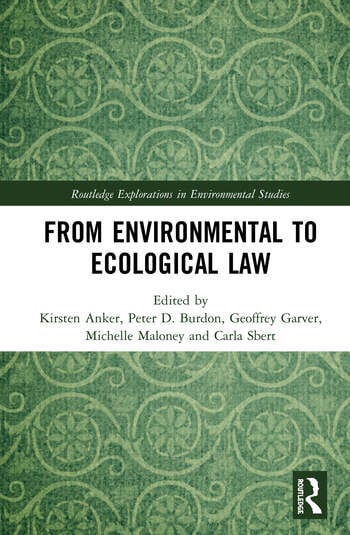
"Conjuring sentient beings and relations in the law: Rights of nature and a comparative praxis of legal cosmologies in Latin America"
Iván Darío Vargas Roncancio
Kirsten Anker, Peter D. Burdon, Geoffrey Garver, Michelle Maloney, Carla Sbert
Vargas Roncancio explores how legal systems in Latin America are beginning to reflect cosmologies that treat nature as sentient and relational. Courts and communities alike are crafting new legal imaginaries where rivers, forests, and animals are understood as rights-bearing entities. This chapter offers a comparative look at how diverse cultural and legal traditions come together to challenge dominant legal paradigms.
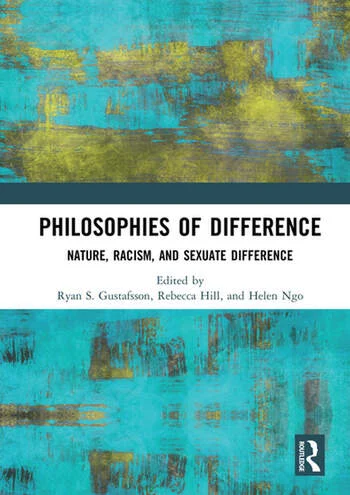
"Plants and the Law: Vegetal Ontologies and the Rights of Nature. A Perspective from Latin America"
Iván Dario Vargas Roncancio
Ryan S. Gustafsson, Rebecca Hill, Helen Ngo
This chapter challenges traditional legal frameworks by proposing an ontology of plants that recognizes their agency and life beyond human use. The author calls for legal structures that reflect the cultural and ecological meanings of vegetal beings, especially within Latin American contexts, thus generating space for imagining a legal system where plants hold rights rooted in relational and spiritual understandings.
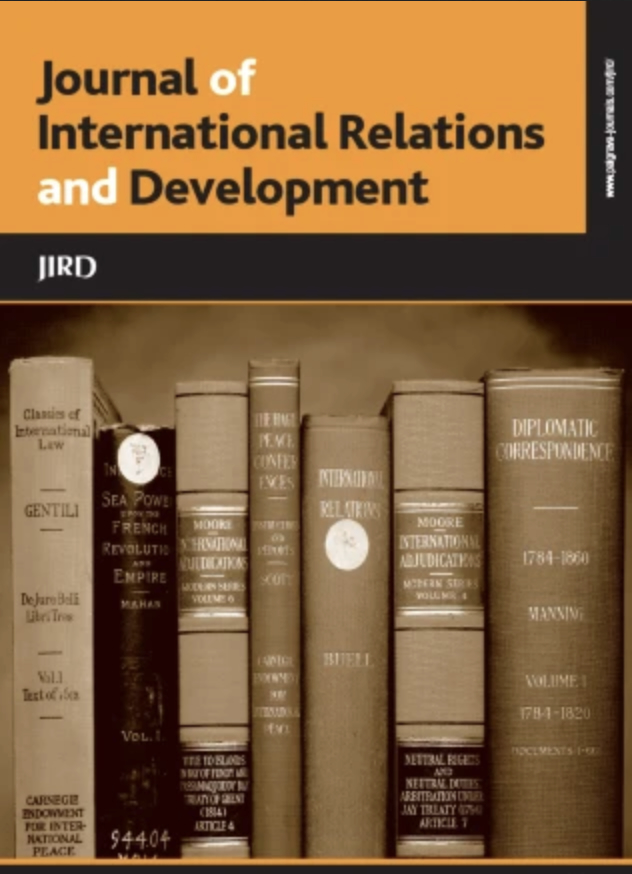
Rights of Pachamama: The emergence of an Earth jurisprudence in the Americas
David Humphreys
David Humphreys traces how the Andean concept of Pachamama has moved from cultural worldview to legal doctrine in countries like Ecuador and Bolivia. These constitutional innovations mark a shift both toward recognizing nature’s intrinsic value and also rebalancing human-nature relationships. Through this lens, this movement finds itself situated within the larger emergence of Earth jurisprudence as a legal philosophy actively reshaping environmental governance.

Global Environmental Governance and Rights of Nature in Latin America
Sandra Hincapié
This article compares climate governance treaties with the Energy Charter Treaty, explaining the effects that granting rights to nature at the state level has on the global environmental governance of climate change and its importance for Latin America. It argues that promoting and granting rights to nature at the state level contributes to the coordinated socio-legal activation of various actors and pressures the effective implementation of measures and compliance with multilateral commitments within the “orchestration” of global environmental governance. Similarly, and from a human rights perspective, it argues that, within the trajectory of transnational climate governance, action at the state level, through the acceptance of rights to nature, represents an unavoidable precautionary measure, given the growing pressure from the Global North for nature’s goods and services in the context of the energy transition. For the English version, click “Idioma” at the top right of the screen.

Earth jurisprudence in South America: Trends and developments
Bernardo Alfredo Hernández-Umaña, Oliver Mauricio Esguerra Ramírez, Karen Giovanna Añaños Bedriñana
Presented in this article is an analysis of the evolution and contributions developed and integrated into the corpus of Earth Jurisprudence from practice in seven South American countries, where 135 records were found between 2005 and 2023. The authors emphasize the need to elevate the rights of nature and animals to constitutional status, claiming Indigenous and ancestral cosmogonies regionally since it includes a legal stability that would facilitate the work of judicial and legislative actors and decision-makers for developing public policies. This would contribute to the practical development of the new Latin American constitutionalism and the Earth Jurisprudence.
Photo Credit: Ivars Utināns/Unsplash